What is the specific role of dietary zinc in supporting male fertility and testosterone production?
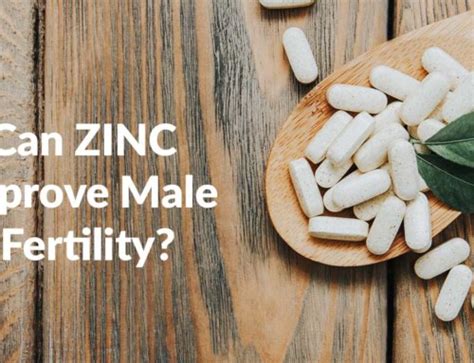
The Indispensable Role of Zinc in Male Reproductive Health
Zinc, an essential trace mineral, is a silent powerhouse within the male body, playing a pivotal role far beyond general health. Its impact on the intricate systems governing male fertility and hormone production, particularly testosterone, is profound and well-documented. From the cellular level to the overall reproductive capacity, adequate dietary zinc intake is a cornerstone of men’s reproductive well-being.
Zinc and Testosterone Production: A Direct Link
The connection between zinc and testosterone levels is not merely anecdotal; it’s rooted in biochemical processes. Zinc acts as a vital cofactor for numerous enzymes involved in the synthesis and regulation of testosterone. Firstly, it’s crucial for the Leydig cells in the testes, which are responsible for producing testosterone. Without sufficient zinc, the efficiency of these cells can be compromised, leading to a reduction in testosterone synthesis.
Secondly, zinc influences hormone regulation by inhibiting the enzyme aromatase, which converts testosterone into estrogen. By modulating aromatase activity, zinc helps maintain a healthy balance between these hormones, preventing excessive estrogen conversion and thereby preserving testosterone levels. Furthermore, zinc acts as an antioxidant, protecting Leydig cells from oxidative stress, which can otherwise impair their function and reduce testosterone output. Studies have consistently shown a correlation between lower zinc levels and reduced testosterone, highlighting zinc’s critical role in endocrine function.
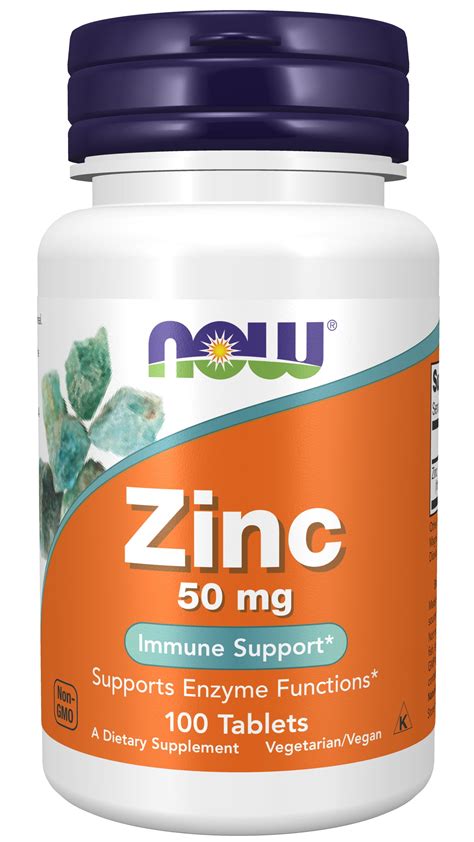
Enhancing Male Fertility: Sperm Health and Beyond
Beyond its influence on testosterone, zinc is indispensable for various aspects of male fertility. Its role in spermatogenesis – the process of sperm development – is multifaceted. Zinc is integral to the structural integrity and maturation of sperm. It contributes to the formation of the sperm tail and head, ensuring proper morphology and motility. Sperm cells themselves contain high concentrations of zinc, which are vital for their stability, capacitation, and ultimately, their ability to fertilize an egg.
Deficiencies in zinc can manifest as decreased sperm count, reduced sperm motility, and abnormal sperm morphology, all of which significantly impair fertility. Zinc also plays a crucial antioxidant role within seminal fluid, protecting sperm DNA from oxidative damage, a leading cause of male infertility. Moreover, it impacts the quality of prostatic fluid, which contributes to overall seminal volume and provides a nourishing environment for sperm. Adequate zinc ensures the optimal functioning of the entire male reproductive system, from sperm production to successful fertilization.
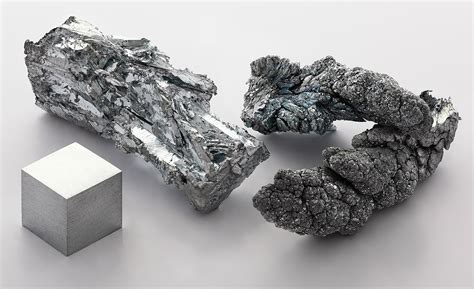
The Perils of Zinc Deficiency
Given its extensive roles, it’s not surprising that zinc deficiency can have severe repercussions for male reproductive health. Even marginal deficiency can lead to sub-optimal testosterone levels and impaired sperm parameters, contributing to reduced libido, erectile dysfunction, and subfertility. Chronic zinc deficiency is associated with hypogonadism, a condition characterized by low testosterone production. Identifying and addressing zinc insufficiency through dietary adjustments or supplementation, under medical guidance, is often a key step in improving male reproductive health outcomes.
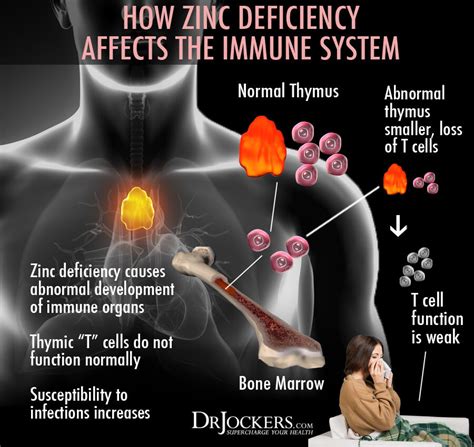
Optimal Zinc Intake: Dietary Sources and Considerations
Ensuring adequate dietary zinc intake is crucial for maintaining male fertility and testosterone production. The recommended daily allowance (RDA) for adult men is typically around 11 mg. Fortunately, zinc is widely available in a variety of foods.
- Seafood: Oysters are an exceptional source, providing more zinc per serving than any other food. Crab and lobster are also good sources.
- Meat: Red meat (beef, lamb, pork) and poultry are excellent contributors to zinc intake.
- Legumes: Chickpeas, lentils, and beans contain significant amounts of zinc, though plant-based zinc is less bioavailable due to phytates.
- Nuts and Seeds: Pumpkin seeds, cashews, almonds, and chia seeds are good sources.
- Dairy Products: Milk, cheese, and yogurt provide some zinc.
- Whole Grains: Oats, quinoa, and brown rice contain zinc, but again, phytates can reduce absorption.
Individuals following vegetarian or vegan diets may need to pay particular attention to their zinc intake due to the lower bioavailability of zinc from plant sources. In some cases, a healthcare professional might recommend zinc supplementation, but this should always be done under medical supervision to avoid potential side effects of excessive intake.
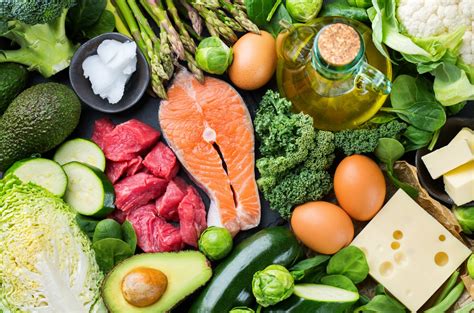
Conclusion
Dietary zinc is far more than just another nutrient; it is a critical player in the complex symphony of male reproductive health. Its direct involvement in testosterone synthesis and regulation, coupled with its essential role in sperm development, motility, and protection, underscores its indispensable status. For men looking to optimize their fertility and maintain healthy hormone levels, prioritizing adequate zinc intake through a balanced diet is a foundational step. Consulting with a healthcare provider can help determine individual needs and ensure optimal reproductive health.









